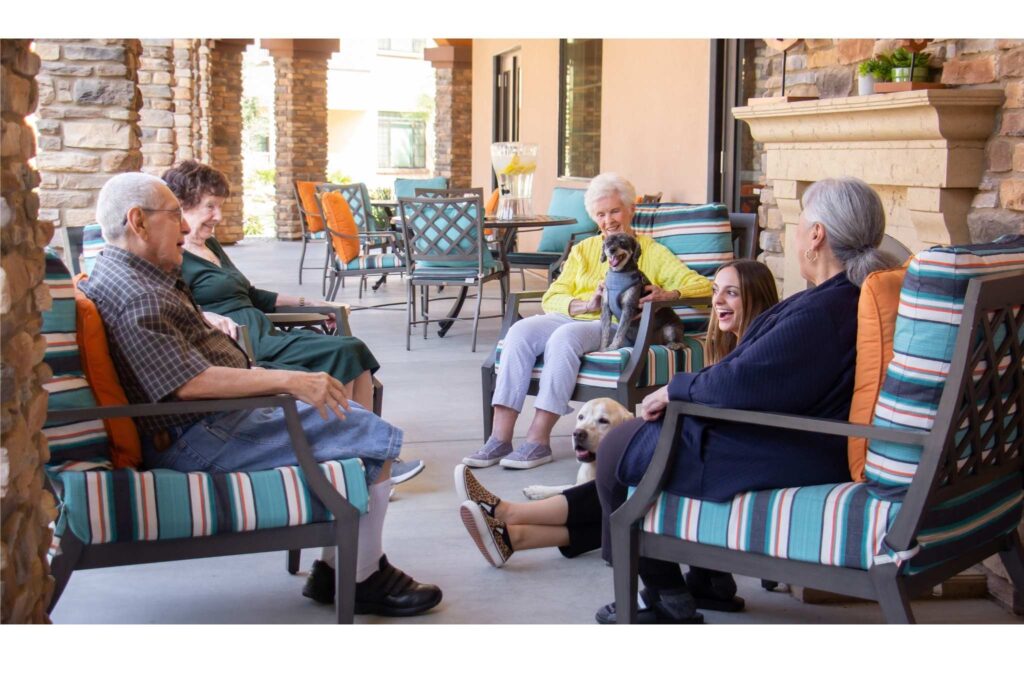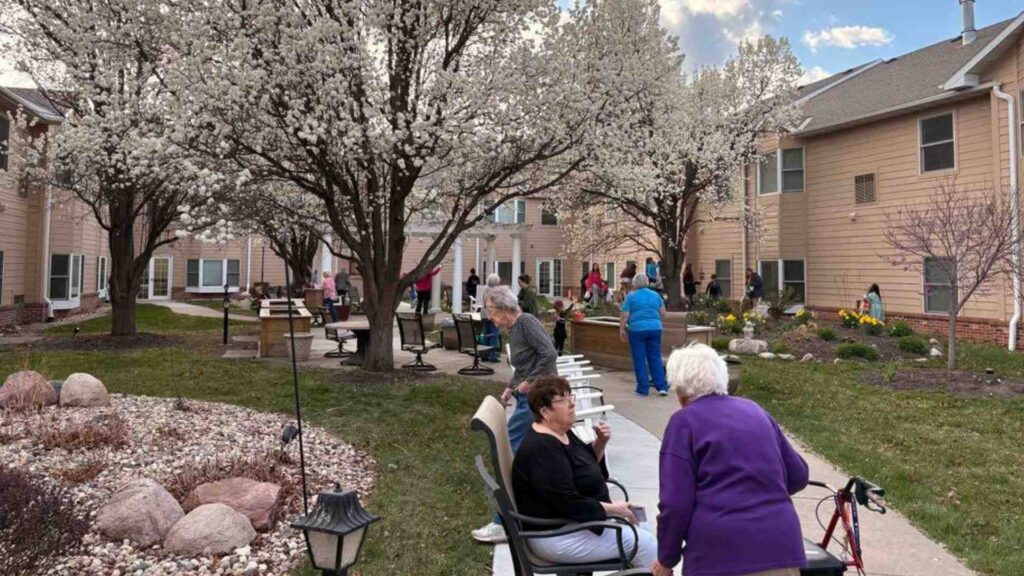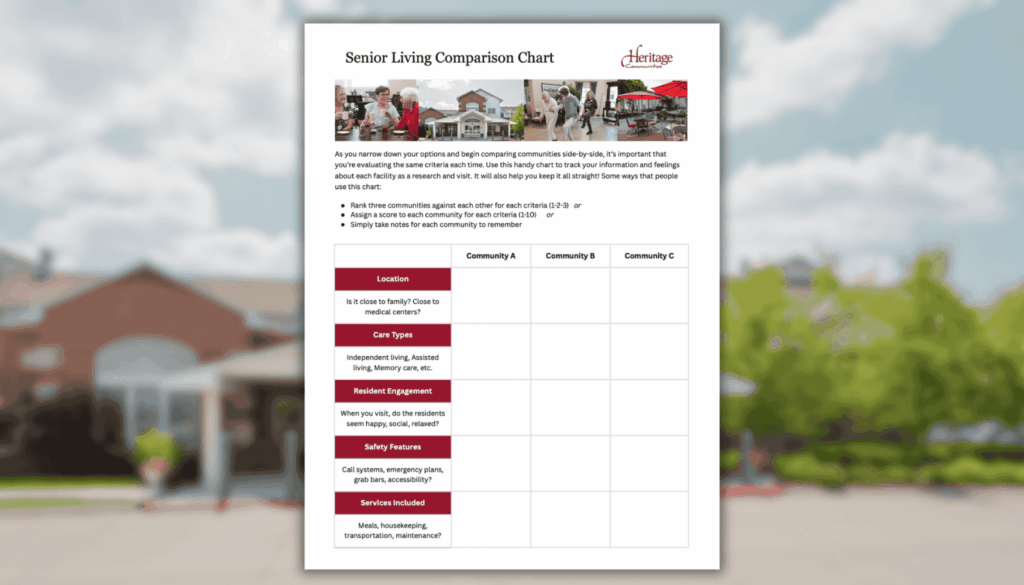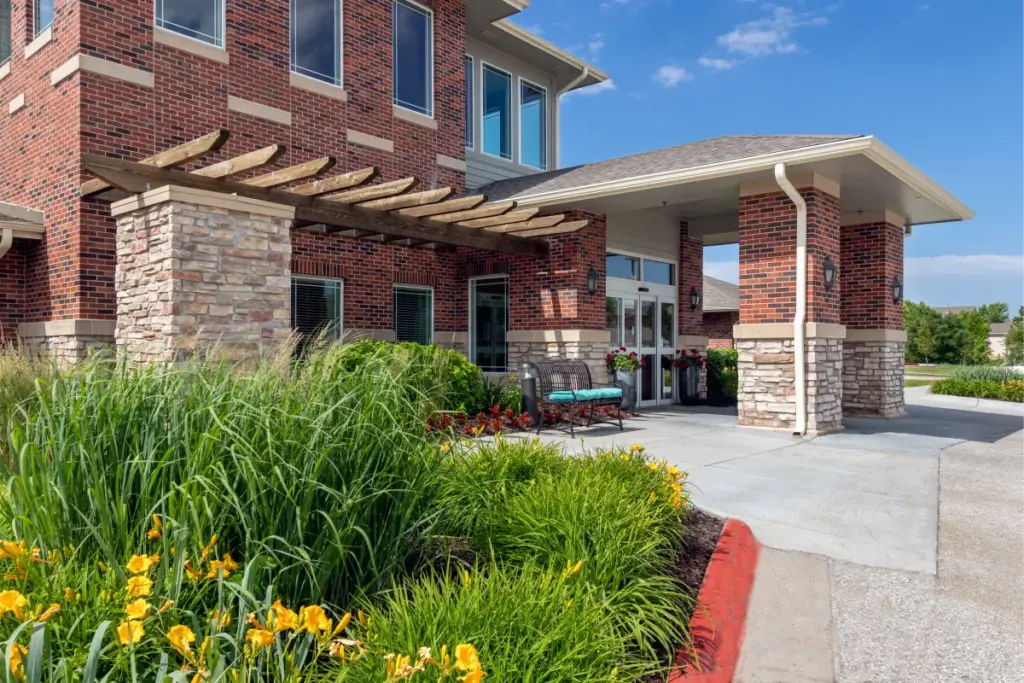Signs It’s Time for Assisted Living
With age comes change. Mom and Dad are less agile. They might misplace the car keys a bit more often or forget a name. That’s all normal and for the most part, expected as the years go by. But there are some signs to watch for that could indicate it might be time for senior...
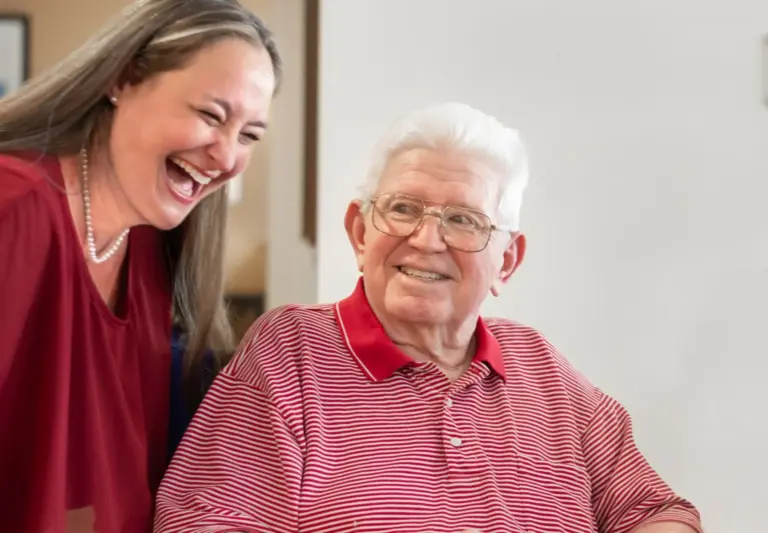
With age comes change. Mom and Dad are less agile. They might misplace the car keys a bit more often or forget a name. That’s all normal and for the most part, expected as the years go by. But there are some signs to watch for that could indicate it might be time for senior living—and a more supportive and secure environment where your loved one can thrive.
Are they signs of regular aging, or signs it’s time for assisted living?
Your physician should always be the final resource. But here are some warning signs to look for when you are considering whether your loved one just needs a little assistance with organization, or it’s time for assisted living.
- Dad used to occasionally misplace his keys. Now he forgets to eat.
When memory loss begins to affect a person’s ability to function, that can be a warning sign of early dementia. Forgetting how to do or having problems with everyday tasks like eating meals, bathing, dressing in clean clothes, or remembering to turn off a stove or iron can pose a safety hazard. In some cases, your older parent might just need some extra help around the house or with meal preparation. Spending time with your parent or loved one and observing their home and habits can tell you a great deal.
However, if they seem unconcerned or unaware about forgetting a meal or not doing the laundry, it might be a good idea to consult a physician about whether it’s time for senior living.
- Mom takes several prescriptions, and seems to be confusing the dosage.
Many seniors are on one or more medications and often must take a specific drug at a set time of day. Missing a dosage or overdosing can have serious consequences, including life-threatening medical events. Talk to your parent about whether they simply need a strategy such as a prescription pill dispenser or special calendar to keep them on schedule, or if it seems they are growing more confused about their medications.
- Dad laughs about getting lost in the mall. But lately, he’s wandering away from home and unable to get back on his own.
Everyone gets turned around now and again. But wandering is a strong warning sign it could be time for senior living. According to the Alzheimer’s Association, it’s common for a person living with dementia to wander or become lost or confused about their location, even in the early stage. Signs a person may be at risk for wandering include returning from a walk later than expected, forgetting how to get to a familiar places, becoming restless or pacing, asking where past friends and family are, and becoming nervous in a crowded store or restaurant.
- Mom has always loved her reading group and neighborhood sewing circle. She’s stopped going, and doesn’t seem interested in anything anymore.
Pulling away from previous interests can signal that a person no longer feels capable of performing the tasks. They might be embarrassed or worried that someone will notice they are not acting like they once did. It can also indicate that cognitive decline is growing worse, and the result is your loved one is not getting the mental or physical activity that is so important. When you sense that a loved one is no longer finding joy in familiar pastimes, it could be time for senior living.
- Dad just doesn’t seem like himself anymore.
Unexplained depression, aggression, anxiety, sleep problems or substance use warrants a trip to the physician. Such changes can be due to depression or the onset of dementia. Being isolated also can affect a senior’s mood and behavior, leading to depression and other health problems.
In addition, cognitive decline can be frustrating for a person and result in uncharacteristic aggressive behavior. However, if surrounded by others sharing the same challenges and benefitting from the support of specially trained caregivers, that same person might be able to relax and enjoy an enhanced quality of life.
- Mom or Dad could use a hand now and then—and would greatly benefit from being around others. Maybe it’s time for senior living.
Your loved one might be doing pretty well on their own, but taking care of a home, worrying over repairs, yard maintenance, bills and more, might be getting to be too much of a burden. They’ve cooked enough meals, swept enough floors, and watched enough television alone—now they’ve like to let someone else take over the chores so they can be free to explore new fulfillment in their lives. Being isolated can accelerate health problems, and being bored is bad for the brain.
Moving to senior living would give them the opportunity to wake each day to new possibilities, new friends, new activities and a new purpose in life. At Heritage Communities, we believe in offering plenty of social, intellectual, spiritual and fitness opportunities to keep each person as busy or relaxed as they want to be. That’s what living better feels like!
Is time for senior living? At Heritage, you’ll discover a home and lifestyle that lets you define living better on your terms. Download our free guide, The Complete Guide to Choosing Between Senior Living Options. Or contact us today.
[hubspot type=cta portal=8361614 id=e1d5aab0-0e3a-490a-baf6-bf6579703f33]


